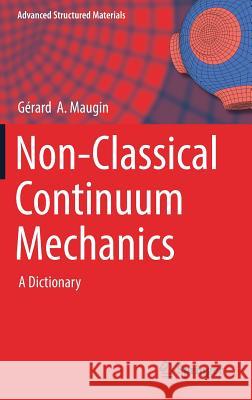Non-Classical Continuum Mechanics: A Dictionary » książka
topmenu
Non-Classical Continuum Mechanics: A Dictionary
ISBN-13: 9789811024337 / Angielski / Twarda / 2016 / 259 str.
Kategorie:
Kategorie BISAC:
Wydawca:
Springer
Seria wydawnicza:
Język:
Angielski
ISBN-13:
9789811024337
Rok wydania:
2016
Wydanie:
2017
Numer serii:
000394261
Ilość stron:
259
Waga:
0.56 kg
Wymiary:
23.39 x 15.6 x 1.75
Oprawa:
Twarda
Wolumenów:
01
Dodatkowe informacje:
Wydanie ilustrowane











